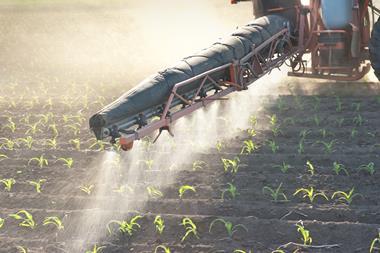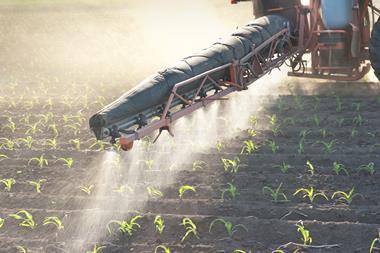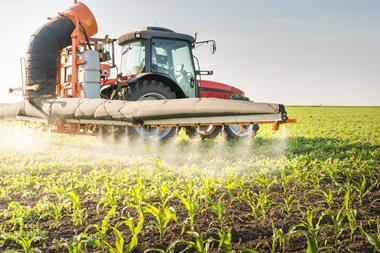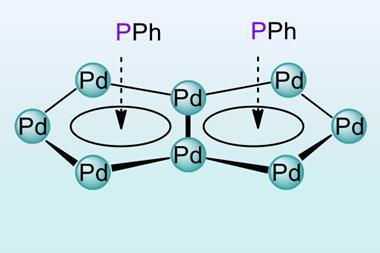Judiciary committee voices concern over pending merger deals
US lawmakers have expressed significant reservations about planned agrochemical industry mergers, during a senate judiciary committee hearing on 20 September. Five of the six largest biotech seed companies are engaged in merger deals that will further concentrate an already heavily consolidated industry.
The Justice department has been tasked with reviewing the Dow–DuPont merger, which is also under review by the European commission, while the Federal Trade Commission has been charged with investigating the ChemChina’s acquisition of Syngenta. Meanwhile, Bayer and Monsanto have agreed merger terms, but it’s not yet clear which regulator will review that deal. Canadian companies PotashCorp and Agrium have also agreed a deal to create the largest fertiliser company in the world.
‘I’m afraid this consolidation wave has become a tsunami,’ said the committee’s Republican chairman Chuck Grassley at the hearing. He warned that all these companies merging at the same time will reduce competition and make it harder for smaller companies to enter and operate in the market. The Iowa senator also cautioned that further consolidation will diminish critical R&D initiatives.
But Dow AgroSciences chief executive Tim Hassinger testified that his company’s combination with DuPont will result in enhanced innovation in the seeds and traits area, and will enable new mixtures to be created from the existing active ingredients of both companies.
However, Diana Moss, the American Antitrust Institute’s president, said this massive consolidation will lead to more tightly integrated product platforms, bound together both economically and technologically. For example, through exclusive packages of crop traits (like herbicide resistance), with accompanying seeds and chemicals that do not ‘interoperate’ with rival products.
‘This will likely raise entry barriers for smaller innovators and increase the risk that they are foreclosed from access to technology and other resources needed to compete effectively,’ Moss cautioned. She suggested that reduction in competition could reduce innovation, raise agricultural input prices and reduce choice for farmers, as well as raise food prices for consumers.












No comments yet